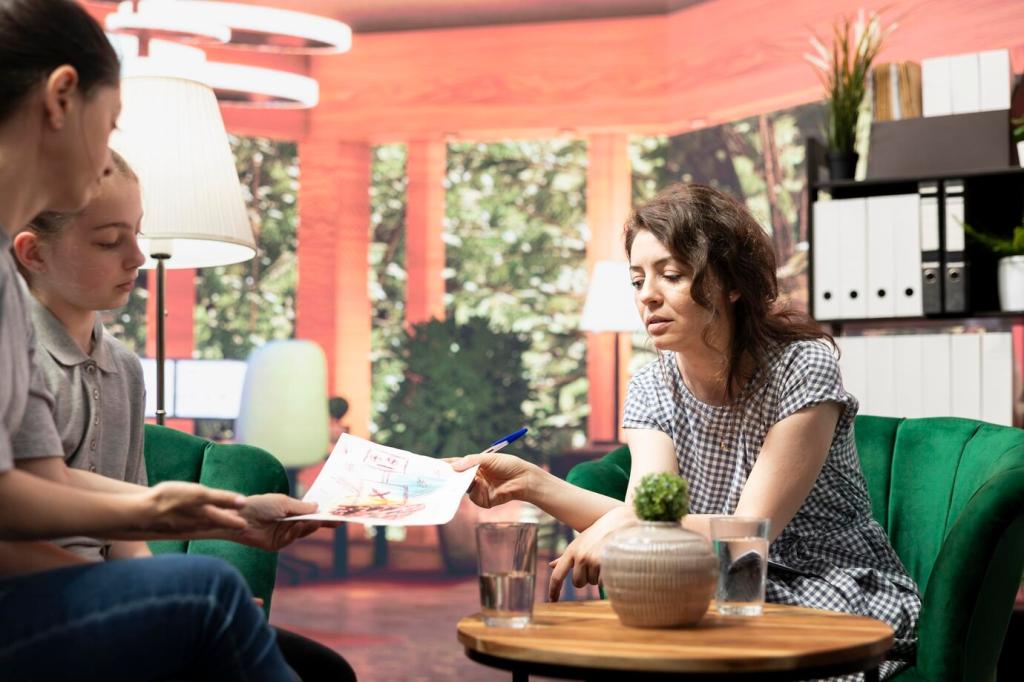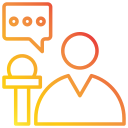
Behind the Book: Conversations with Non-Fiction Writers
Chosen theme: Behind the Book: Conversations with Non-Fiction Writers. Step backstage with candid voices, practical wisdom, and heartwarming surprises from authors who turn real lives into unforgettable pages. Join the conversation, subscribe for upcoming interviews, and leave your questions for our next non-fiction guest.
How Interviews Become Chapters
Every great chapter begins with one person whose words carry a spark. One reporter told us her book started on a bus, recording a quiet confession between stops. Look for voices that complicate assumptions, and ask yourself what secret the voice refuses to tell outright.

Research Rigor with a Human Touch
Start a living document that links interviews, documents, and timelines with color-coded confidence ratings. One writer pins digital notes to a calendar, so each scene ties to a date, a voice, and a corroborating artifact. Share your mapping tools to help fellow storytellers navigate complexity.


Research Rigor with a Human Touch
Invite sources into the verification process without surrendering editorial independence. Offer to read back sensitive passages, clarifying facts while maintaining narrative integrity. Writers we interviewed say this fosters dignity, fewer surprises, and stronger relationships. How do you phrase those emails to keep trust intact?
Braiding Evidence and Emotion
The Timeline Accordion
Writers stretch and compress time to reveal cause and consequence without confusing readers. Imagine an accordion: expand during pivotal interviews, compress during routine months, then repeat key beats as reminders. What cues do you drop so readers never lose their place in the song?
Point of View in Non-Fiction
Choosing a vantage point is an ethical and aesthetic act. First person invites vulnerability; close third can honor distance. One author alternates perspectives to mirror how truth refracts. Comment with the point of view that unlocked your last chapter and why it mattered.
Openings that Earn Attention
Begin where consequence cracks the surface. A writer told us her first page starts with a knock at 3 a.m., then reveals the years that led there. Open with motion, not explanation. Share your favorite non-fiction opening lines and what they promise readers.
The Art of Asking Questions
Tea before tape. A short walk. An easy question about the room. Authors say rituals relax the nervous system and set a collaborative tone. One writer brings a tiny plant to interviews, a living reminder to nurture. What small ritual helps you earn sincerity?
Field Notes: Tools, Habits, and Tiny Rituals
Carry redundancy: paper notebook, digital recorder, cloud sync. One writer learned the hard way when rain destroyed a single device holding a pivotal interview. Now she photographs her notebook pages nightly. What backup routine do you swear by to safeguard irreplaceable voices?
Field Notes: Tools, Habits, and Tiny Rituals
Tag files by person, place, date, and theme. Add a one-sentence summary to the top of every transcript. A bestselling author color-codes emotions to spot tonal shifts at a glance. Share a screenshot of your system and inspire others to tame the chaos.




From Pitch to Publication
Lead with a sharp premise, a clear audience, and proof of access to key sources. One writer included three vivid paragraphs from a crucial interview, and the editor wrote back in an hour. What ingredient makes your pitches impossible to ignore right now?
From Pitch to Publication
Editors are your second set of eyes and first readers of consequence. Invite questions early, not just after a draft. An author shared tracked changes that felt like choreography, not critique. Describe the editorial note that most improved your manuscript and why it clicked.
